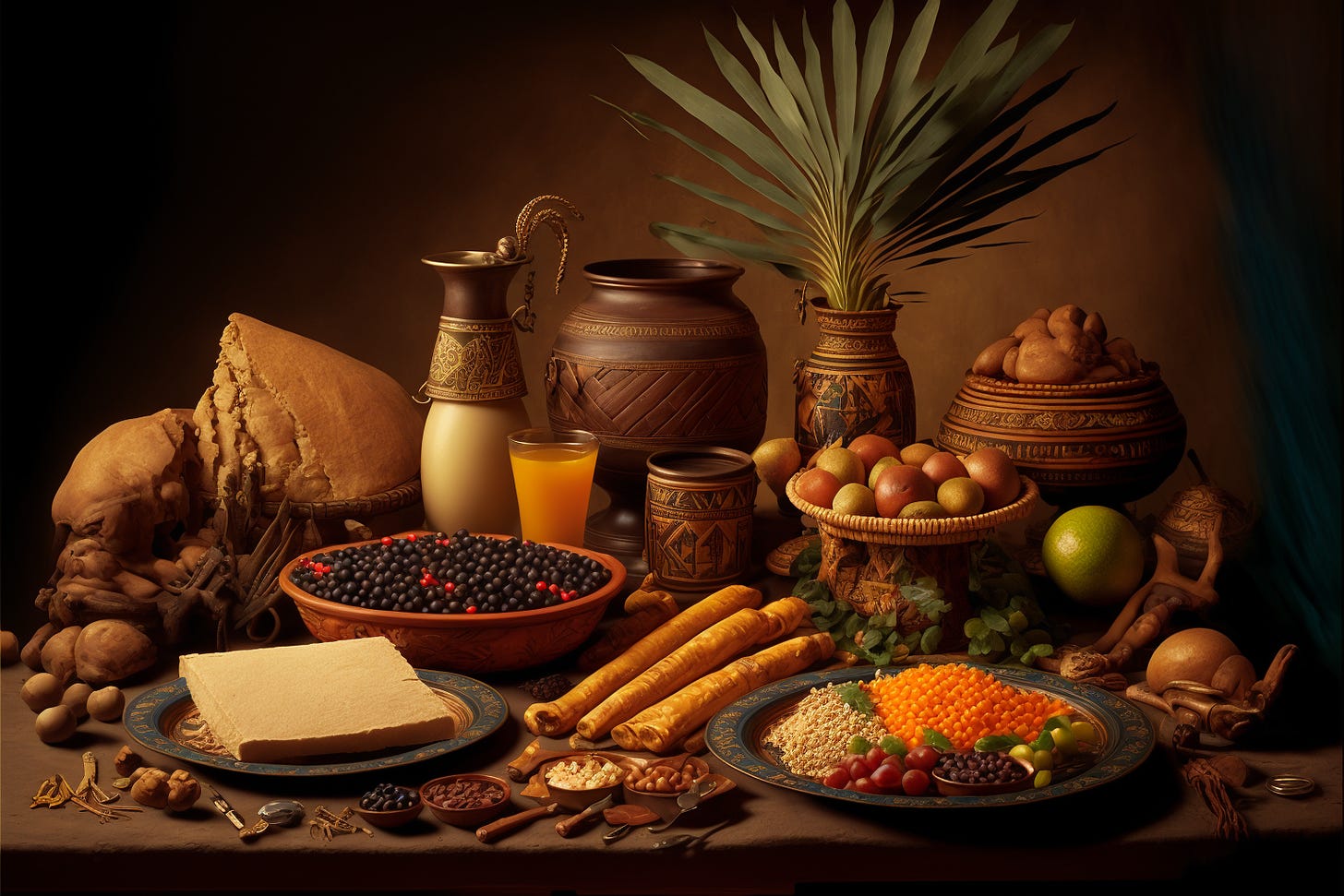Ask Questions
I find myself a little frustrated and annoyed today. I had been given a Christmas giftcard by my boss, for Amazon. My immediate thought was 'I'll buy a book!' because it would enable me to spend a bit more on a book than I'd ordinarily spend on myself. These days, when I buy paper books, I'm generally looking at research books. I'm also contemplating the next step in career, given I'm almost a year into a two-year contract. But for this... I wanted something that would be sheer indulgence.
Only problem is, when I started poking at my interests in research in different categories, I keep running into a theme of... well, let's just say that I don't trust books which are written by 'scientists' who have obvious agendas that don't align with pursuing honest inquiries and hypotheses. The scientific method, which ought to be the approach brought to any field, involves careful measurements and accurate observations. It requires skepticism - not only of the data, but of one's own assumptions. Science cannot exist in the vacuum of unquestioning assumptions; that is the realm of storytelling and fiction. As a fiction author, I can assure these so-called scientists that even fiction will be challenged for assumptions that defy the suspension of disbelief. Forbidding questioning only raises suspicion of what 'science' is truly being done. Who says this? Why? What rationale lies behind it? Where is the data?
I think this article crystallizes some of my concerns, and reasons I chose not to even consider an academic career. Elizabeth Weiss mourns Anthropology in Ruins:
It seems as if anthropology lies in ruins. Much has gone into the demolition work, including talks about oneself, an avoidance of traditional scientific methods, a lack of imagery, a preoccupation with current political fads, and a self-hatred of the field’s history.
I want a good book on food anthropology. Not one that veers off into current socio-political babble. The trends towards allowing political entities to control what is discovered about the past, in the interests of keeping the narrative of the present favorable to their current interests, is dismaying and I fear that much knowledge will be lost. With the advances in technology, we could learn so much about the past, but the rush instead is to draw a curtain over that which could give us solid data. They prefer to project their own made-up images on that curtain, rather than risk excavations into facts that might disrupt their convenient fictions.
As a scientist, I find this distasteful in the extreme. For one thing, it means I can't trust research material that should be up-to-date and turns out to be shallow and twisted. I have neither the time nor the resources to be able to analyze cooking pots and discover the recipes of those who came before. It's inconsequential, perhaps, but even more troubling is the movement to eradicate science in favor of the establishment of fictive narrative to enhance socio-political movements.
I want data! Instead, I get less than anecdote.
For now, I'll set aside the little book fund, and perhaps when I have some time, I'll find an older book that will give me what I want. Nothing from the last twenty years, likely. I hate the intellectual dishonesty become so prevalent, that forces me into this position.





